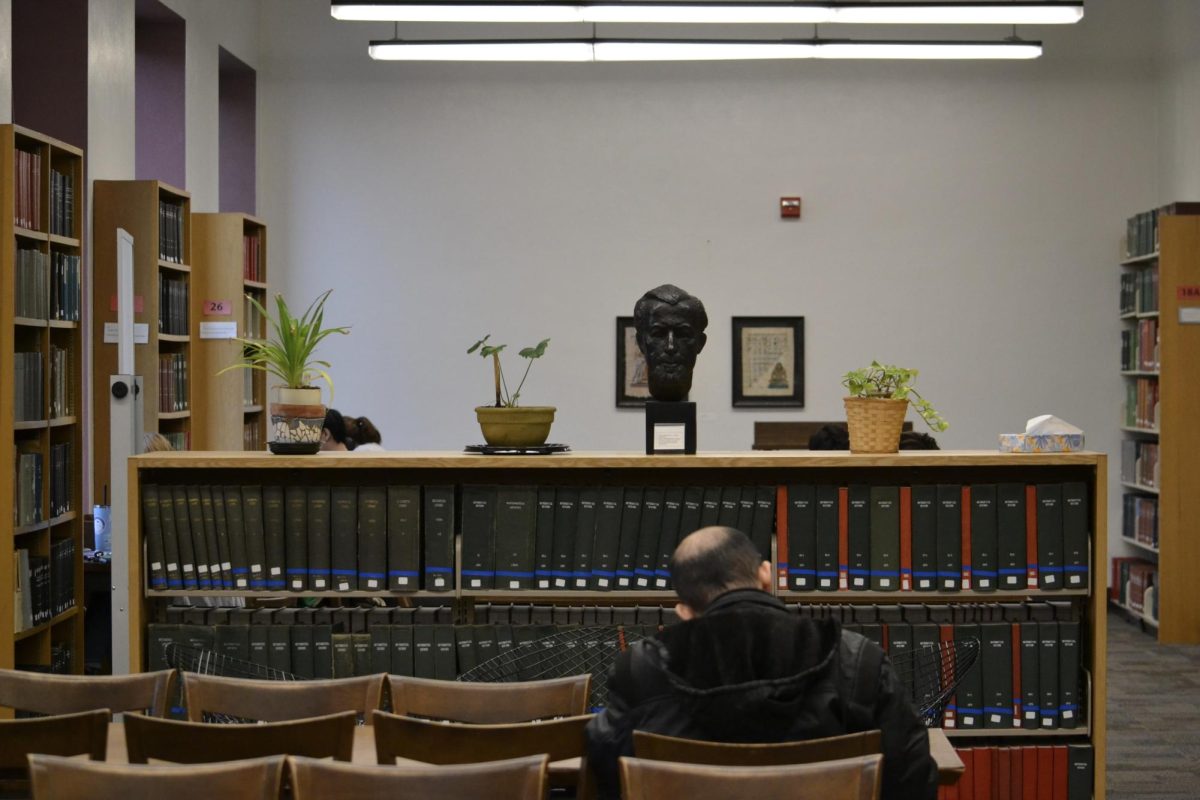B By Philip P. Pan and John Pomfret
 EIJING, Nov. 15 – Vice President Hu Jintao, who by exercising extreme caution has survived a decade as heir apparent to the Chinese Communist leadership, rose to the pinnacle of power in Beijing Friday in the most orderly and peaceful transition in the history of modern China.
EIJING, Nov. 15 – Vice President Hu Jintao, who by exercising extreme caution has survived a decade as heir apparent to the Chinese Communist leadership, rose to the pinnacle of power in Beijing Friday in the most orderly and peaceful transition in the history of modern China.
In a ceremony rich with Communist pageantry, the 59-year-old hydrologist, known for his powerful memory and colorless personality, was appointed general secretary of the Communist Party, succeeding President Jiang Zemin, 76, who formally stepped down Thursday after 13 years in power.
Hu’s rise to China’s top post, which was sealed at the weeklong 16th National Congress of the Communist Party, was part of a broad transfer of power, ushering in a new generation of leaders as the country undergoes enormous social and economic change and leaves behind the doctrinaire communism upon which Mao Tse-tung founded the party’s rule in 1949.
Hu, dressed in a blue suit and red tie, and his eight new colleagues on the Standing Committee emerged from behind a screen emblazoned with two cranes, a Chinese symbol of longevity, in the cavernous Great Hall of the People just off Tiananmen Square. The committee’s new make-up was a testimony to the enduring influence of Hu’s predecessor, Jiang, who succeeded in placing six of his closest allies onto the body and expanding it by two seats.
Surrounded by Jiang’s men, Hu will probably need years to secure his position as the most powerful man in China, if he does at all.
“The meeting was very successful,” Hu said. “The congress was one of unity victory and endeavor. It has built on the past and will carry our cause into the future. … We won’t let the Chinese people down.”
State-run television showed delegates to the congress voting for the party’s new Central Committee, which then was said to have voted for the Politburo and its all-powerful Standing Committee. But in fact, all decisions were made in secret by a handful of men and revealed officially only Friday morning as the winners filed onto a stage to address journalists.
Hu is relatively young for China’s senior-most office. He will complete his assumption of leadership next March during a session of the National People’s Congress, or parliament, when Jiang is to resign as president and make way for Hu to succeed him in that job as well. However, the party announced Friday that Jiang was reelected chairman of the party’s Central Military Commission, a powerful platform from which he can continue to wield influence.
All six of Hu’s former Standing Committee colleagues retired Thursday, as did seven other aging members of the 22-member policy-making Politburo. In addition, more than half the 356 voting and alternate members of the Central Committee resigned. Generals of the People’s Liberation Army over the age of 70 on the Central Committee stepped down as well, presaging a sweeping reshuffle at the top of the world’s largest army. And several senior ministers left the committee, signaling important changes in the Chinese Cabinet when the legislature meets next March.
The men who won the top party jobs are all engineers, men in their 50s or 60s who came of age in Mao’s destructive Cultural Revolution and rose to powerful positions in Beijing and the provinces after the 1989 crackdown on pro-democracy protests in Tiananmen Square. They appeared committed to the capitalist-style economic reforms that have brought unprecedented prosperity to the world’s most populous nation and to maintaining good relations with the United States.
They also appeared determined to preserve the Communist Party’s tight grip on all aspects of political life in China. But at least one corporate executive, Zhang Ruimin, president of the Haier appliance company, which owns a building in Manhattan and is listed on the Shanghai Stock Exchange, won a seat as an alternate on the Central Committee. That was seen as another sign of the party’s increasing tilt toward business and away from promoting the interests of China’s dispossessed.
Chinese sources and analysts said Hu would face serious challenges as he attempted to exert control over the party in the coming years. Jiang completely dominated the congress; Hu made no major speeches.
Among Jiang’s six allies on the Standing Committee was his top aide, Zeng Qinghong, 63, a political operative and the official most responsible for helping Jiang defeat his enemies and hold on to power over the past decade. Analysts said Zeng is Hu’s only potential rival in the new leadership; some believe Jiang may eventually attempt to install him in the top job.
Hu is described as a talented and intelligent leader with a photographic memory. But it was Deng Xiaoping, Jiang’s predecessor, who made him the Standing Committee’s youngest member in 1992 and set him up as Jiang’s natural successor. Hu has been so careful not to offend Jiang or make mistakes in the years since that few know where he might lead the nation.
Before joining the Standing Committee, Hu served as the party secretary in Tibet, where he approved the imposition of martial law to crush a wave of protests in March 1989.
“What happens to this leadership depends on what kind of relationship emerges between Hu and Zeng,” said Cheng Li, a political scientist at Hamilton College in Clinton, N.Y., who has studied the new generation of leaders. “Their relationship has been both competitive and cooperative up to now, and for the next few years, they will be trying to consolidate their bases of power.”
As a result, few changes in the party’s basic policies are expected in Hu’s first years.
Among other winners in the senior leadership were conservatives such as Luo Gan, 67, the security chief best known for leading a nationwide crackdown on crime that has relied heavily on executions, and Wu Guanzheng, 64, the party chief of eastern Shandong province, where a violent campaign to suppress the banned Falun Gong spiritual movement has resulted in scores of deaths.
Still, some in the government and state-run media hope Hu and other Standing Committee members, including Zeng and the man expected to be named premier, Wen Jiabao, 60, may be willing to experiment with limited political reforms as the influence of the older generation fades.
















